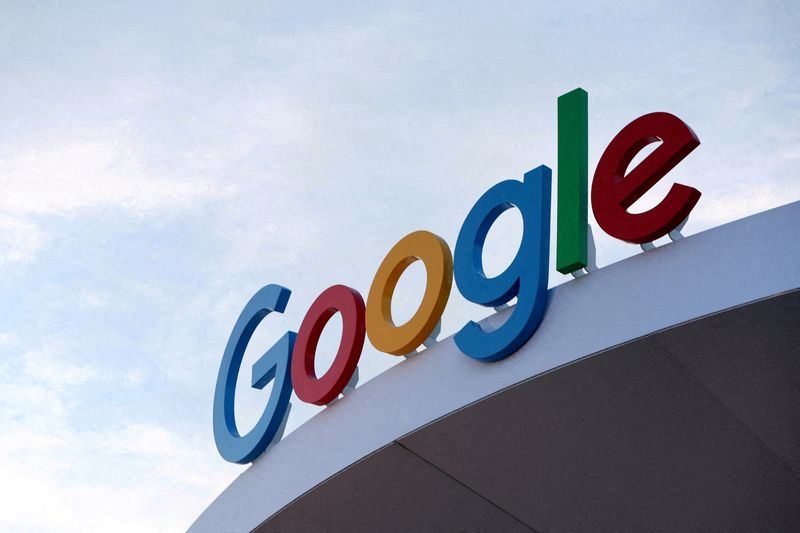Follow us on LinkedIn
If you’re struggling to pay off your credit card debt, you may be wondering if the credit card company will settle the debt for less than what you owe. The answer to this question is unfortunately, it depends. Each credit card company has its own policy when it comes to settling debt. Some companies are more willing to work with customers who are behind on their payments, while others are not as forgiving. In this blog post, we will explore the policies of some of the largest credit card companies in the United States and discuss whether or not they offer debt settlement programs.
What is a debt settlement and how does it work?
A debt settlement is an agreement between a borrower and a creditor to repay a debt for less than the full amount owed. For example, if you owe $20,000 on your credit card, you may be able to settle the debt for $15,000. In most cases, the creditor will agree to accept the lower amount if they believe that it’s the best they’re going to get and if the borrower can’t afford to make the full payment.
In order for a debt settlement to be successful, both parties must agree to the terms of the settlement. Once an agreement is reached, the creditor will typically close the account and write off the remaining balance as a loss. The borrower will then be responsible for making a lump-sum payment to the creditor. It’s important to note that debt settlements will usually have a negative impact on your credit score, as it will be reported as a delinquent account.
What are the benefits of a debt settlement?
There are a few benefits of debt settlement that may make it worth considering if you’re struggling to pay off your credit card debt. First, it can help you get out of debt faster than if you were to make the minimum payments. Second, it can save you money in interest charges and late fees. Finally, it can help improve your credit score over time as you work towards paying off the settled debt.
What are the drawbacks of a debt settlement?
There are also a few drawbacks to consider before entering into a debt settlement agreement. First, your credit score will likely take a hit in the short term. Second, you may be required to pay taxes on the amount of debt that is forgiven by the creditor. Finally, there is no guarantee that your creditor will agree to settle your debt, so you could end up having to make the full payment anyway.
What are the risks associated with debt settlement
If you’re considering a debt settlement, it’s important to do your research and understand the risks and benefits before entering into an agreement. There are a few risks to be aware of, which include:
-Your credit score will likely take a hit in the short term.
-You may be required to pay taxes on the amount of debt that is forgiven by the creditor.
-There is no guarantee that your creditor will agree to settle your debt, so you could end up having to make the full payment anyway.
Before entering into a debt settlement agreement, make sure you understand the risks and benefits and have considered all of your options.
What are the policies of some of the largest credit card companies in the United States?
Now that we’ve discussed what a debt settlement is and how it works, let’s take a look at the policies of some of the largest credit card companies in the United States.
Chase: Chase does not offer debt settlement services. If you’re behind on your payments, you may be able to enroll in their hardship program which could lower your interest rate and monthly payments.
Citigroup: Citigroup does not offer debt settlement services. If you’re struggling to make your payments, you may be able to enroll in their hardship program which could lower your interest rate and monthly payments.
Bank of America: Bank of America does not offer debt settlement services. If you’re struggling to make your payments, you may be able to enroll in their hardship program which could lower your interest rate and monthly payments.
Capital One: Capital One does not offer debt settlement services. If you’re struggling to make your payments, you may be able to enroll in their hardship program which could lower your interest rate and monthly payments.
As you can see, none of the major credit card companies in the United States offer debt settlement services. If you’re struggling to make your payments, you may be able to enroll in a hardship program which could lower your interest rate and monthly payments.
Alternatives to debt settlement
If you’re struggling to pay off your credit card debt, there are a few alternatives to consider besides debt settlement. You could enroll in a hardship program with your credit card company, transfer your balance to a 0% APR credit card, or consolidate your debt with a personal loan.
No matter what route you decide to take, it’s important to do your research and understand all of your options before making a decision.
Conclusion
If you’re struggling to pay off your credit card debt, you may be considering a debt settlement. While a debt settlement can provide some benefits, there are also a few risks to be aware of before entering into an agreement. Make sure you understand all of your options and the potential risks and rewards before making a decision.
Further questions
What's your question? Ask it in the discussion forum
Have an answer to the questions below? Post it here or in the forum




